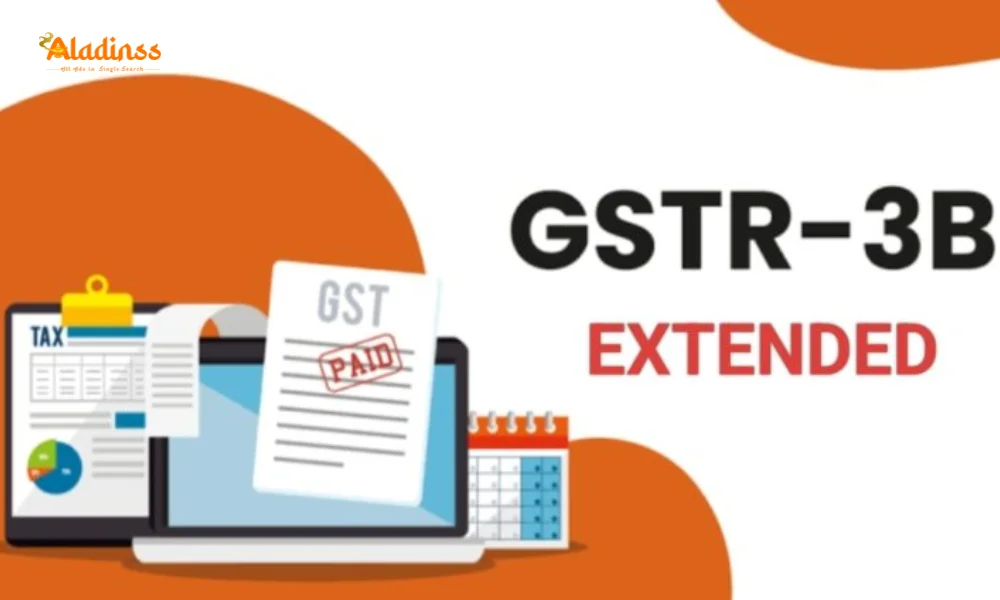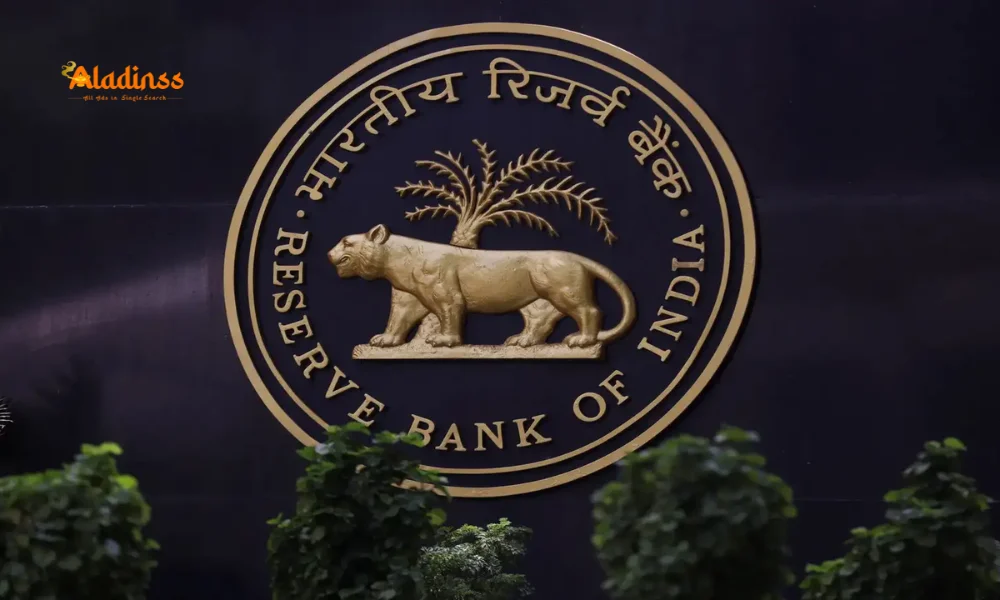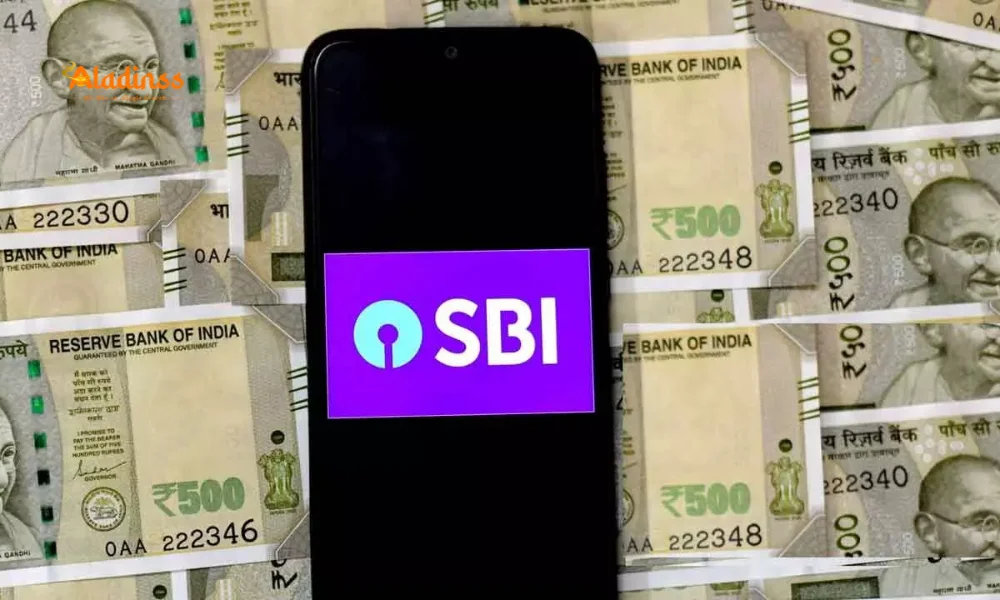Infosys Share Price Surges Over 2% After ₹18,000 Crore Buyback Announcement
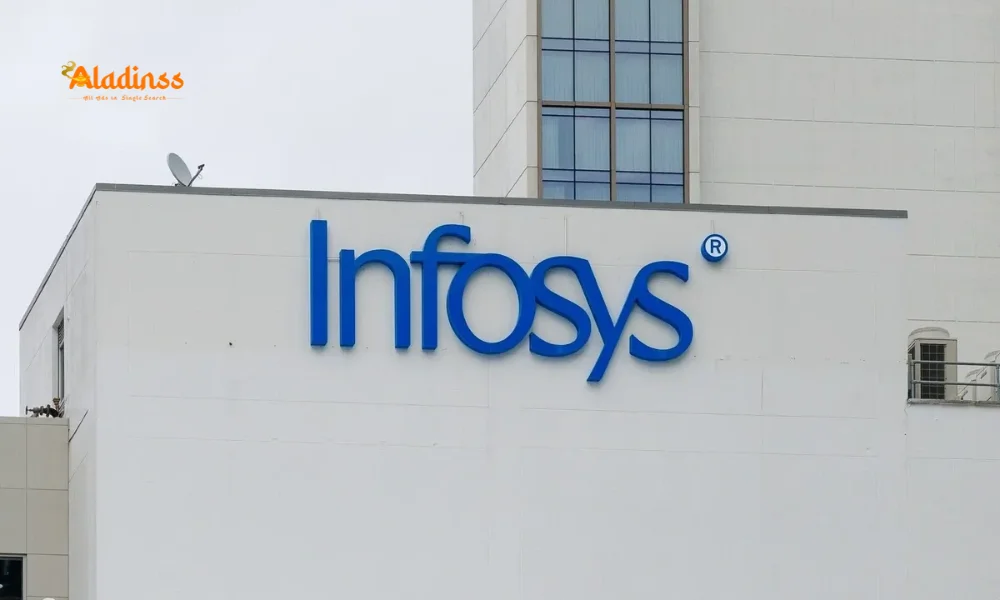
Infosys Share Price Surges Over 2% After ₹18,000 Crore Buyback Announcement
Infosys, India’s second-largest IT services company, announced a ₹18,000 crore share buyback, triggering a 2.32% surge in its share price to ₹1,544.65 on the BSE on September 12, 2025. The buyback, approved on September 11, involves repurchasing 10 crore equity shares at ₹1,800 each, a 19% premium over the previous day’s closing price.
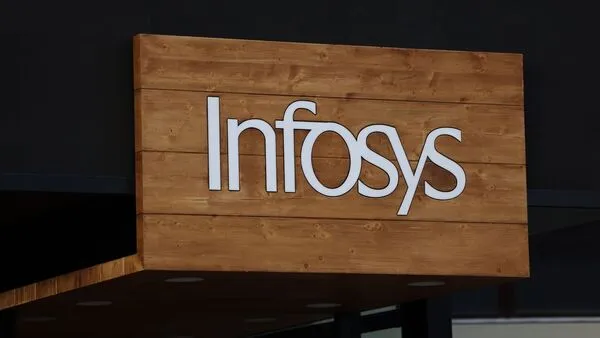
Details of the ₹18,000 Crore Buyback
The buyback program, the largest in Infosys’ history, will see the company repurchase approximately 10 crore fully paid-up equity shares, representing 2.41% of its total paid-up equity share capital. Priced at ₹1,800 per share, the buyback offers a 19% premium over the BSE closing price of ₹1,509.50 on September 11, 2025. Conducted via the tender offer route, the program ensures all eligible shareholders can participate proportionately, with the record date yet to be announced. The buyback size adheres to regulatory limits, not exceeding 25% of the aggregate paid-up capital and free reserves, as per the audited financial statements for June 30, 2025.
This marks Infosys’ fifth buyback since 2017, surpassing its previous programs in scale. The company’s robust financial position, with a free cash flow of $884 million (approximately ₹7,805 crore) as of June 2025, supports this ambitious move. Analysts view the buyback as a strategic effort to optimize capital structure, enhance earnings per share (EPS), and provide tax-efficient returns to shareholders compared to dividends.
Market Performance and Investor Sentiment
The announcement sparked immediate market enthusiasm, with Infosys shares climbing to ₹1,544.65 during early trading on September 12, 2025, and settling at ₹1,532.00 by 9:20 AM, a 1.49% increase. Despite a 7.6% gain over the past month, the stock has faced challenges, declining 5% in the last three months and 19% year-to-date in 2025. Over a one-year period, it has dropped 21%, though it has gained 62% over five years, reflecting long-term resilience.
The buyback is seen as a confidence booster amid a challenging year for the IT sector, marked by global economic uncertainties and reduced client spending. Posts on X, under hashtags like #InfosysBuyback and #StockMarketIndia, reflect mixed sentiments, with some investors praising the move as a signal of undervaluation, while others express caution due to potential short-term volatility. The stock’s forward price-to-earnings (P/E) ratio of 21.6, compared to its five-year average of 24.8, suggests it remains attractively valued.
Historical Context of Infosys Buybacks
Infosys has a history of using buybacks to return capital to shareholders, having conducted four such programs since 2017:
- 2017: ₹13,000 crore buyback, repurchasing 11.3 crore shares at ₹1,150 each via tender offer.
- 2019: ₹8,260 crore buyback, acquiring 11.05 crore shares at an average of ₹747.38 through open market purchases.
- 2021: ₹9,200 crore buyback, repurchasing 5.58 crore shares at up to ₹1,750 via open market.
- 2022: ₹9,300 crore buyback, acquiring 6.04 crore shares at a maximum of ₹1,850 through open market.
Cumulatively, Infosys has repurchased 33.97 crore shares for ₹39,760 crore, averaging ₹1,271.25 per share. The current buyback, at ₹18,000 crore, dwarfs these efforts, signaling management’s strong belief in the company’s long-term cash flow stability despite a cautious FY26 revenue growth forecast of 1–3%.
Unique Analysis: Impact on Bengaluru’s Tech Ecosystem
As a Bengaluru-based IT giant, Infosys’ ₹18,000 crore buyback has broader implications for the city’s tech ecosystem, which employs over 1.5 million professionals and contributes 40% to India’s IT exports. The buyback signals confidence in Infosys’ financial health, potentially stabilizing investor sentiment in a city heavily reliant on IT-driven economic growth. Bengaluru, often dubbed India’s Silicon Valley, has faced challenges in 2025, with IT hiring slowing by 15% due to global demand uncertainties, according to a local Nasscom report. Infosys’ move could counter this trend by reinforcing its commitment to shareholder value, potentially encouraging other tech firms in the region to adopt similar strategies.
The buyback also aligns with Infosys’ employee-centric initiatives, such as its August 2025 announcement of up to 80% bonuses for most employees following a strong Q1 FY26 performance (8.7% net profit rise to ₹6,921 crore). This dual focus on rewarding shareholders and employees could enhance Infosys’ reputation as a stable employer in Bengaluru, where it employs over 80,000 people. Local tech analysts suggest the buyback may indirectly boost retail investor participation in the city’s stock market, as Infosys’ 26 lakh shareholders, including a significant retail base, stand to benefit from the tax-efficient returns. This could stimulate Bengaluru’s financial ecosystem, with potential spillover effects on local startups and ancillary businesses.
Moreover, the buyback’s timing is strategic, given Bengaluru’s role as a hub for IT innovation amid global AI-led disruptions. By reducing outstanding shares, Infosys aims to improve key metrics like EPS and return on equity (ROE), potentially attracting more institutional investors to the city’s tech stocks. This move could also mitigate concerns over proposed US policies, such as the HIRE Act 2025, which threatens a 25% tax on outsourcing payments, impacting Bengaluru’s IT service exports. The buyback underscores Infosys’ resilience, reinforcing Bengaluru’s position as a global tech powerhouse.
What This Means for Investors
The ₹18,000 crore buyback offers several implications for investors:
- Enhanced Shareholder Value: By reducing the number of outstanding shares, the buyback is expected to increase EPS by approximately 3.1%, potentially driving stock price appreciation over the next 3–6 months.
- Tax Efficiency: Compared to dividends, buybacks offer a tax-efficient way to return capital, especially for long-term investors in higher tax brackets.
- Market Signal: The 19% premium reflects management’s belief that the stock is undervalued, potentially attracting new investors despite a 24% YTD decline in 2025.
However, investors should remain cautious, as historical data shows short-term volatility post-buyback announcements, with Infosys shares often stabilizing within 3–6 months. The broader IT sector’s challenges, including potential US tariffs and AI-driven disruptions, may also temper near-term gains.
FAQs About Infosys’ Buyback
To clarify the buyback’s implications, here are answers to common questions:
- What is the buyback price and premium? The buyback is priced at ₹1,800 per share, a 19% premium over the September 11 closing price of ₹1,509.50, offering an attractive exit opportunity for shareholders.
- Who can participate in the buyback? All eligible shareholders, including retail and institutional investors, as well as ADR holders, can participate on a proportionate basis, with the record date still pending.
- How will the buyback affect the stock price? While short-term volatility is possible, historical trends suggest a 5–10% stock price increase within 3–6 months post-buyback, driven by improved EPS and ROE.
Comment / Reply From
No comments yet. Be the first to comment!




